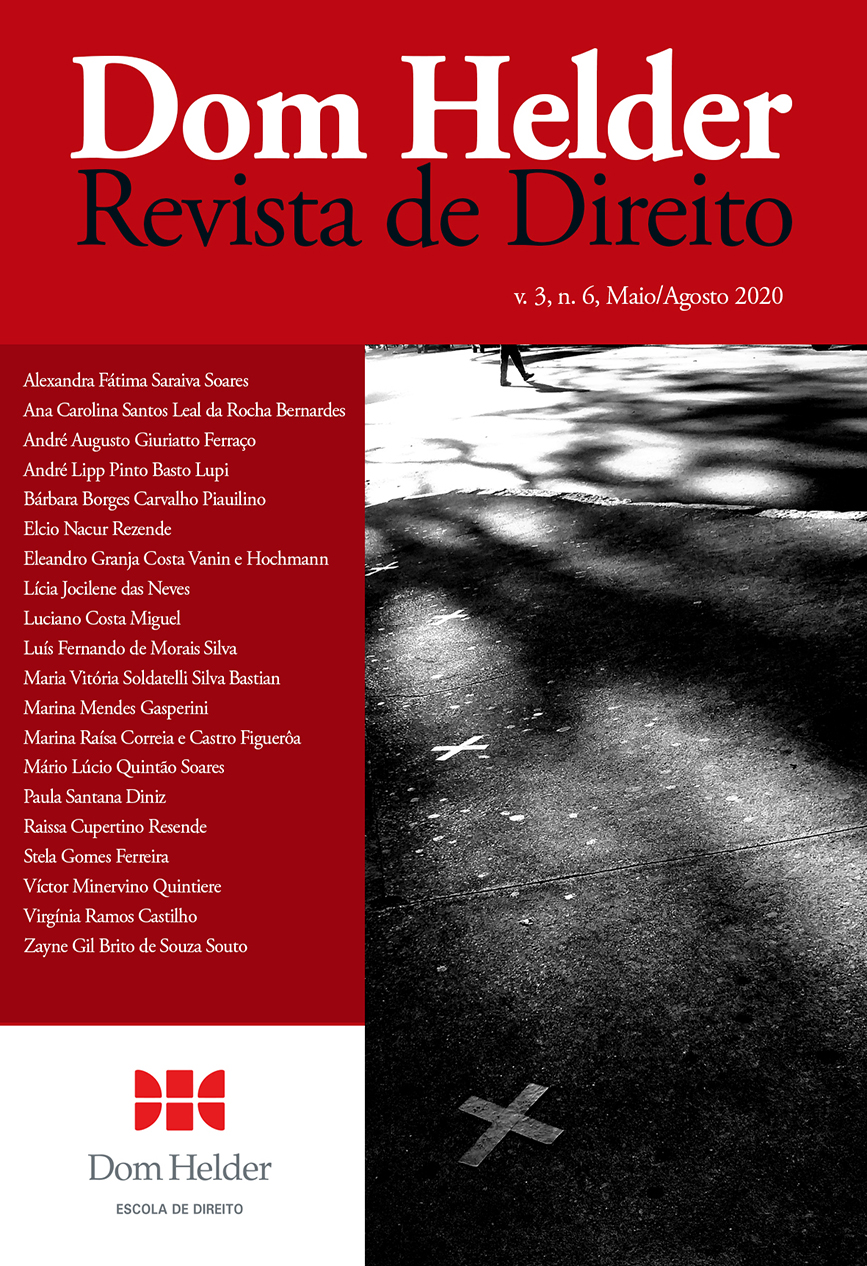The Purely consequentialist legal activism in the Brazilian criminal constitutional jurisdiction based on case studies in the jurisprudence of the Supreme Federal Court
Main Article Content
Abstract
The present study intended, based on the use of the methodology related to legal consequentialism, the field of consequentialist argumentation and possible risks of its use by judges, in particular, those who perform constitutional jurisdiction and efficient speeches and the concept of purely consequentialist activism , assess whether, and to what extent, it would be possible to divide the concept of purely consequentialist activism into degrees according to the legal nature of the decision handed down within the scope of the Supreme Federal Court, more specifically, with regard to the (non) provisionality of the decision. Throughout the work it was possible to divide purely consequentialist activism into two species. The first of these, called first degree consequentialist activism, characterized by monocratic decisions or judgments that respect the limits of merit and, consequently, the principle of collegiality, and; second-degree consequentialist activism, characterized by monocratic decisions that, not meeting the limits of precautionary decisions, end up disrespecting the principle of collegiality.
Keywords: Constitutional right. Criminal Law. Legal dogmatics. Legal consequentialism. Federal Court of Justice. Jurisprudence.
Article Details
I (we) submit this article which is original and unpublished, of my (our) own authorship, to the evaluation of the Dom Helder Journal of Law, and agree that the related copyrights will become exclusive property of the Journal, being prohibited any partial or total copy in any other part or other printed or online communication vehicle dissociated from the Dom Helder Journal of Law, without the necessary and prior authorization that should be requested in writing to Editor in Chief. I (we) also declare that there is no conflict of interest between the articles theme, the author (s) and enterprises, institutions or individuals.
I (we) recognize that the Dom Helder Journal of Law is licensed under a CREATIVE COMMONS LICENSE.




